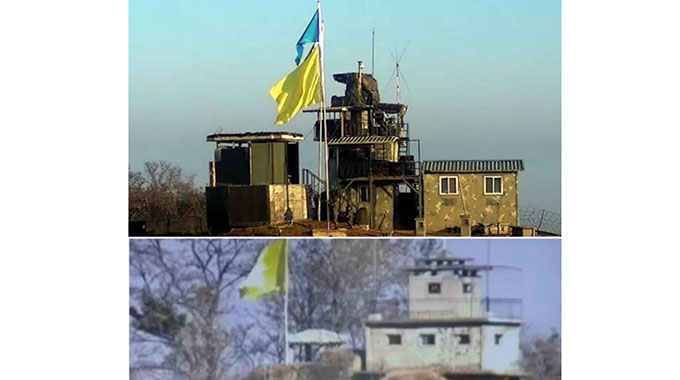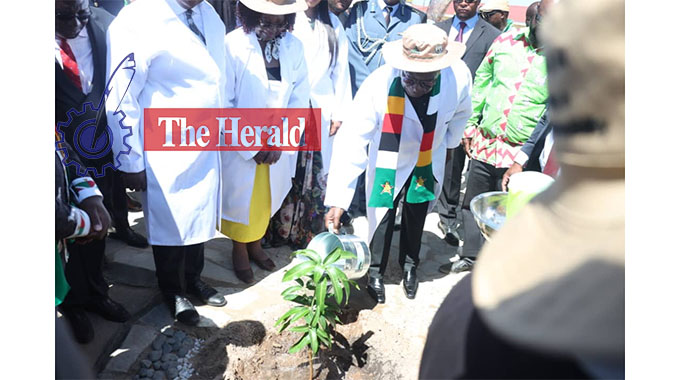Rushinga runs dry

Cletus Mushanawani Mashonaland Central Bureau
The prevailing high temperatures have dealt a devastating blow to Rushinga villagers in Mashonaland Central as most water bodies in the area are drying up.
The villagers are now appealing for more food aid and for assistance as their livestock are now getting stuck in the mud as they try to access the small water patches in some dams.
The legislator for Rushinga, Cde Tendai Nyabani, confirmed the development and said most dams were silted and urgently need de-siltation.
“Our dams are drying up,” he said. “This was last experienced in 1962. We are losing our wealth on a daily basis as our cattle are getting stuck in the mud while trying to access water.
“More than 100 beasts have been lost so far and it is a devastating blow as we are also grappling with the foot-and-mouth disease outbreak.
“This has left most villagers facing acute food shortages as they have nothing to sell since cattle movement was banned in the area. There is need to increase the number of dams as the population in this area has also increased. There is also need to drill and flash more boreholes as a matter of urgency.
“We are appealing to Central Government to come to our rescue by drilling more boreholes and constructing more dams. Our area is under natural region five and is drought prone.”
Rushinga area has about 22 000 households, but only 9 200 households are benefiting from the Government-initiated drought relief programme.
Cde Nyabani said they were receiving 360 tonnes of maize per month, which is not enough to cater for the growing population.
“There are around 16 000 households that are in desperate need of food aid,” he said.
“This means we need an additional 1 100 tonnes per month to make it around 1 400 tonnes of maize to meet the food needs of the constituency. Some families are now resorting to wild fruits like baobabs (mauyu) and utsika. Some are resorting to wild tubers like manyanya for survival.”
According to maize distribution figures availed by the Department of Social Welfare for Mashonaland Central as at October 24, 2018, Rushinga District had received 460 tonnes of maize to cater for the 9 200 households. The district did not receive any maize for the week ending October 24. The other districts that did not receive any allocations for that week include Mazowe, Mt Darwin and Muzarabani.
Mbire District received the highest allocation of 60 tonnes, followed by Bindura (50 tonnes), Guruve (31 tonnes) and Shamva (29,5 tonnes) respectively.
The department stated that Bindura, Guruve, Mazowe, Muzarabani and Rushinga districts had cleared their October allocation.
According to the Department of Social Welfare statistics, the province has 70 080 vulnerable households, with Mbire having the highest number







Comments